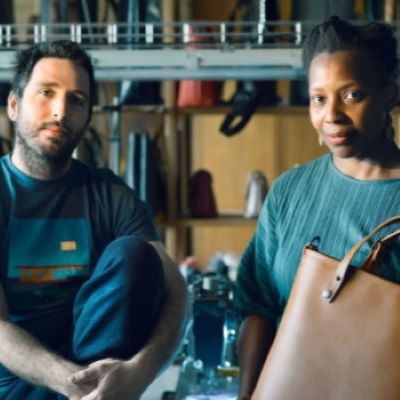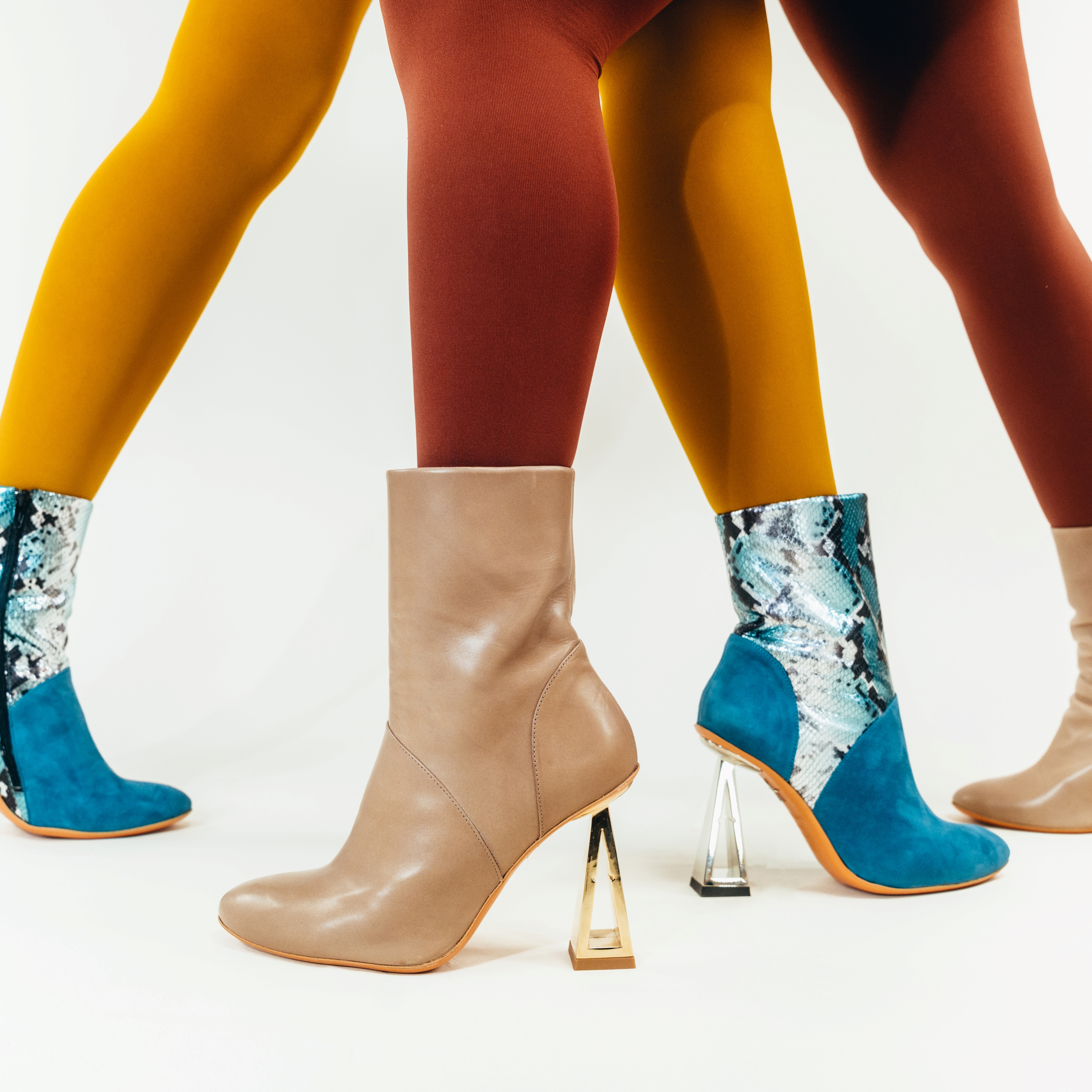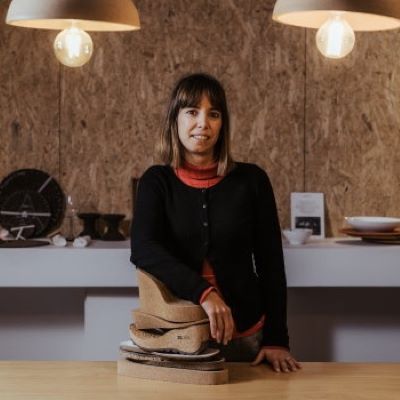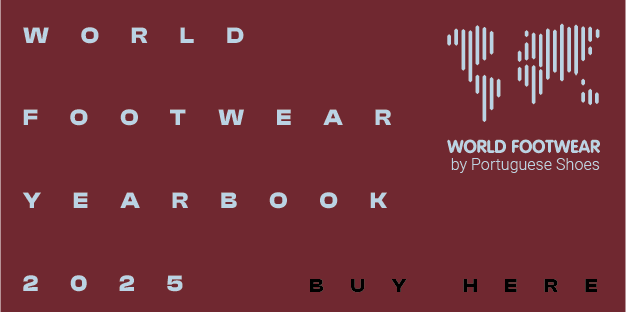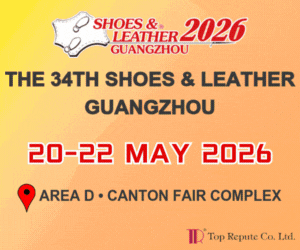New Generation: meet Alexandre Pimenta from Solpré

Alexandre Pimenta represents the second generation at the helm of the Portuguese company Solpré, which specializes in the production and commercialization of soles. Sustainability is the keyword for the future, he says
With a degree in Economics and a master's in management Control from the Porto Catholic Business School, Alexandre Pimenta joined the company nine years ago. In his view, sustainability, which is key for the growth of Solpré, should be sustained by three pillars: efficiency of the production process, raw materials and social responsibility.
Founded in the 80s, more precisely in 1988, Solpré specializes in the production of footwear components, namely the production and commercialization of soles. Was working at the company a natural choice?
Some opportunities arose in two Big Four companies when I concluded my degree. However, my mindset didn't change. I wanted to make the most of the inputs my father (José Pimenta) could give me and create good synergies in the way we could design our organizational strategy, combining his experience with my academic knowledge. Anyway, even at a very embryonic stage, it was always my intention to ensure the succession of Solpré, being a family business, now in the 2nd generation, and it fills me with pride to have the opportunity to strengthen our position on a global scale. And as my father is one of my great examples in life, the fact that I can show him I have the competencies to stand by his side professionally is a daily victory. The values and principles of the companies carry on aligned between us, and any decision-making has to be based on this.What fascinates you the most about the sector?
To begin with, it is always important to mention the economic aspect: the fact that it is one of the sectors that contribute most to Portugal's trade balance, in addition to being the only one in Europe with a surplus. That, in itself, immediately conveys the differentiation of this industry in Portugal.From a more operational viewpoint, the variety of contexts and the volatility of the markets allocated to fashion, in general, leads us to always be in a total adaptation mode, which makes working in this sector more challenging, as we have to actively seek competitive advantages that meet the constant increases in quality standards and current customer demands. It is mandatory to ensure a structure with some degree of flexibility so that we can keep up with trends and continue in a position where value-added products are the true core competence of the Made in Portugal stamp.
How does Solpré work on the issue of sustainability?
Nowadays, it is required to have a proactive stance in the search for sustainable practices, whether directly in the efficiency of the production process and raw materials, or social responsibility, which is an integral part of the internal principles of Solpré that are assigned to the 3P's: People, Profit and Planet.It is the duty and responsibility of the whole society. It is true that this process was mainly driven by customer demand, but the industry has been increasingly expanding the variety in the offer of these solutions. In Solpré, we have environmental and social certifications related to the organizational scope, as well as directly to the product - ISO14001, FSC - and we are currently preparing the RCS certification. In addition, we have the maximum installed capacity coming from photovoltaic panels, and we constantly evaluate our supply chain to ensure that the minimum requirements demanded are aligned with our environmental strategy. As a result of this work, similarly to other companies' strengths, today, we can claim to be Europe's leading player in the prefabricated soles' industry.
What does this new generation entering now into the sector has to offer?
I think the academic background of this new generation is one of the main disruption factors of the more archaic management methodologies, which became less orthodox for the current context. The efficiency and assertiveness in the follow-ups with all stakeholders, the constant evolution in the digitization of processes, combined with the Industry 4.0 topic, is one of the main added values of the new generation, who still faces some behavioural distrust from previous generations. The concept of integration and automation was already known, but today we can monitor processes and have a much more detailed overview of the current state of the company, being able to take corrective actions quite effectively, in any work centre.At last, I believe the new generations are endowed with soft skills that can improve the relations with all stakeholders, which, being more worked on, means we can react better to any adversity, and increase loyalty levels.
What advice would you give to a young person starting in the industry?
I feel that the keyword in this industry is consistency. Above all, it's essential to consider that each day in this industry is a learning one. The knowledge that can be gained from the people working at all hierarchical levels in any company cannot be neglected. Their know-how is what turned this sector into a European reference, and as ready as one can be, it is important, always, to listen! Never stop wanting to learn, but don't be afraid to take risks and always question your viewpoint. This sharing is the main growth factor!Source and Image Credits: portugueseshoes.pt





